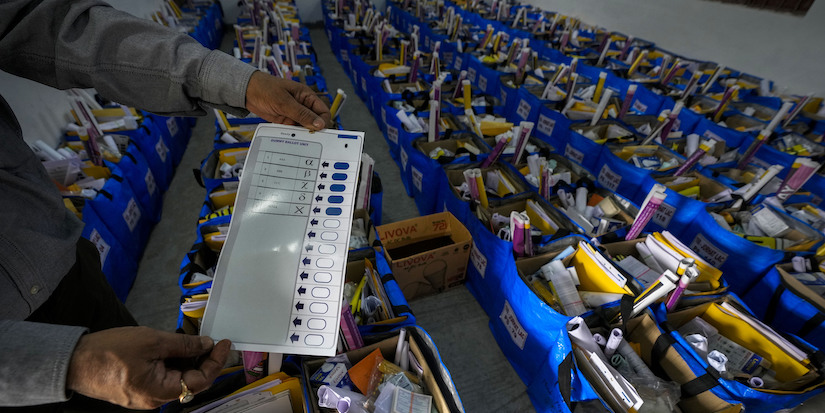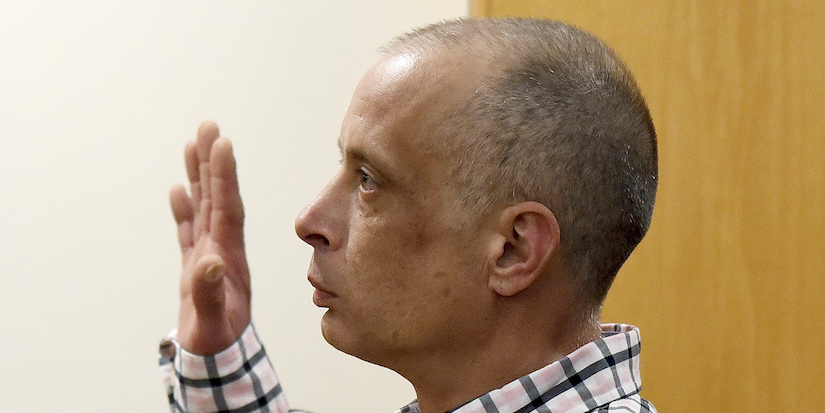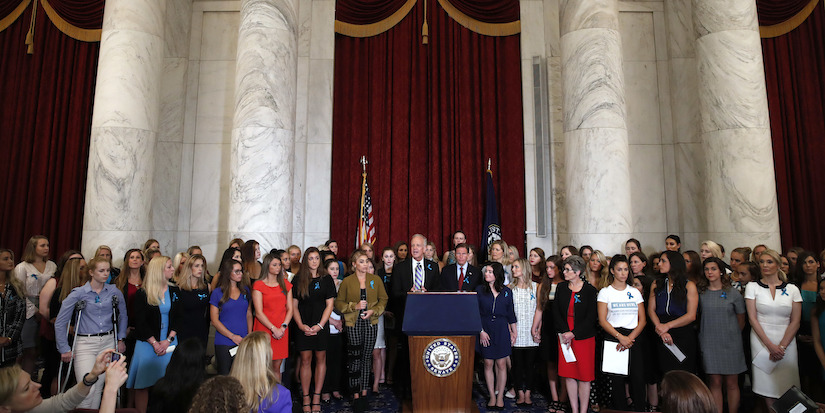Latest News
Agriculture students adapting, growing for food bank

By Hannah Scott, Local Journalism Initiative reporter
Published 10:28 PDT, Thu April 1, 2021
Last Updated: 2:13 PDT, Wed May 12, 2021
—
Despite making changes to its instructional format during the pandemic, the sustainable agriculture program at Kwantlen Polytechnic University continues to give back via food donations to the Richmond Food Bank.
“Obviously we don’t want to see food going to waste, so we’re harvesting weekly,” says faculty member Mike Bomford. “Anything that isn’t sold at the farmer’s market is brought to the food bank.”
The food bank’s executive director Hajira Hussain says it was essential to have produce that could keep well in the pre-packed hampers that have become the norm during the pandemic.
“It was great to have a supply of quality, fresh, locally grown vegetables,” she says. “The people that we serve are very grateful to have this fresh produce included in their hampers.”
The donations are part of a bid to make locally grown food available where it’s produced. In 2020, the department of sustainable agriculture donated $42,000 worth of produce to the food bank. But behind the generosity is a tale of perseverance and adaptation to the conditions of the pandemic.
“Certainly COVID has been a tremendous challenge for us,” says Bomford. “We eliminated a lot of the labour-intensive crops—things like tomatoes or pole beans which require a lot of time with harvest and pruning—from the plan for 2020, just in order to save time and reduce labour needs.”
The program operates hands-on courses year-round, but initially had to take everything online. Bomford acknowledges that the students didn’t have the same experience with online courses and discussion. In the fall, students were allowed back onto the farm, and since then a small group of students have been able to participate in the in-person courses.
Instead of the more challenging crops, Bomford says students grew more potatoes, cabbage and squash—crops that store well, don’t require a lot of labour over the summer and are relatively easy to harvest.
“We had already planned to put in a bunch of potatoes for food services, because we expected them to be making french fries. Well, that didn’t happen, but it turns out that’s a great crop for the food bank.”
Amid the successes for the sustainable agriculture program, Bomford acknowledges the uncertainty.
“People enrol in our program because of the opportunity for hands-on experience, so having to tell them halfway through that we wouldn’t be able to do it was really tough.”
But the students currently enrolled in the program are able to have a fairly normal experience—with added masks and distancing. They’re able to plan crops and work on seeding, producing transplants and record-keeping. The program is unique in its offering of a real-life agricultural experience, which gives students practical skills and real practice.
“People come away with a broad overview of how food systems work, and some of the challenges that we’re encountering with food systems,” says Bomford. “They are also able to be aware of proposed solutions and propose new solutions to challenges.”
“The university a few years ago started using this tagline, “where thought meets action.” I really like it—that’s what we’re trying to do, combine this world of theory, thought, and hands-on applied learning. That’s part of what attracted me to the program and brought me to Richmond, was the opportunity to engage in a hands-on teaching program.”

































